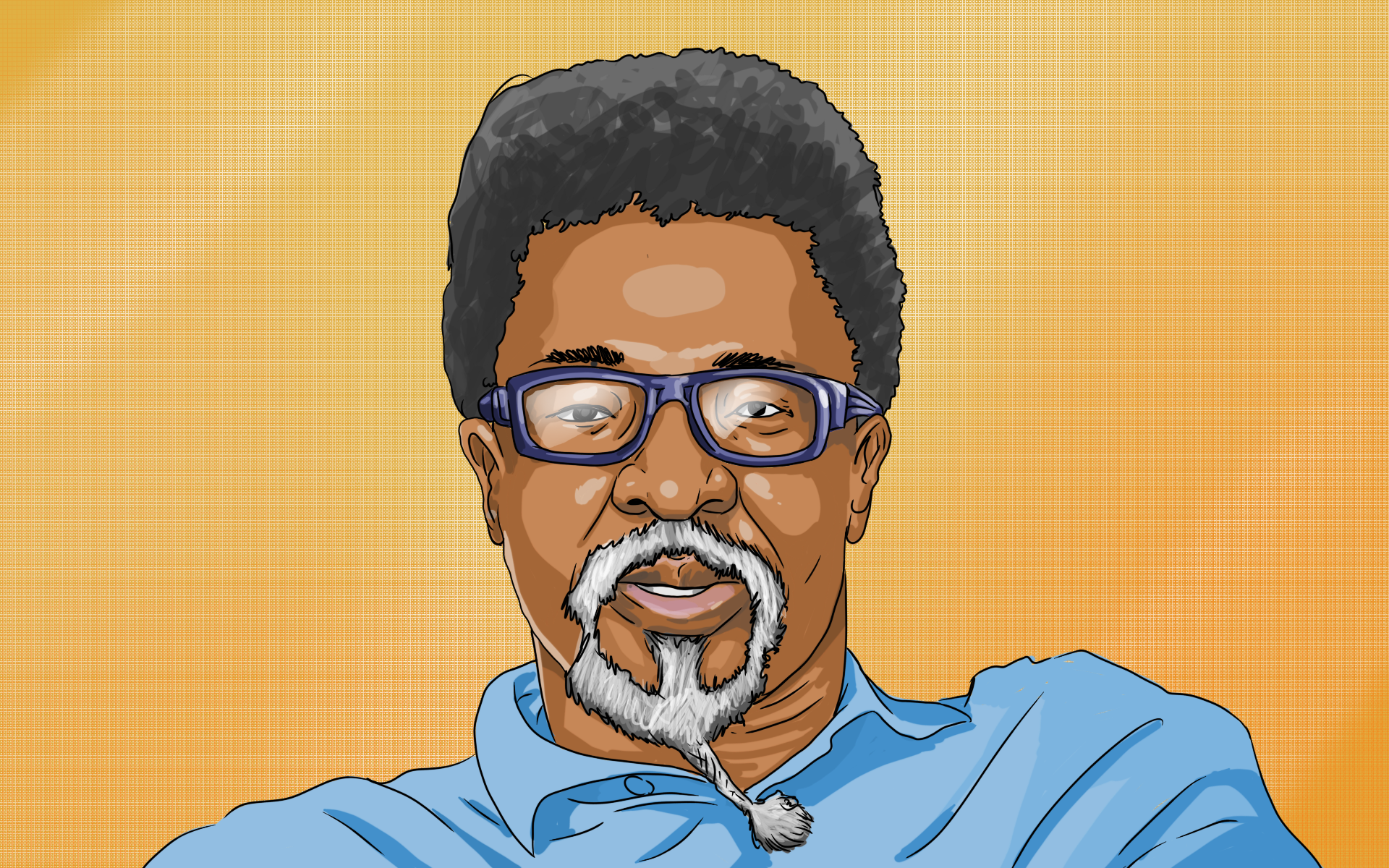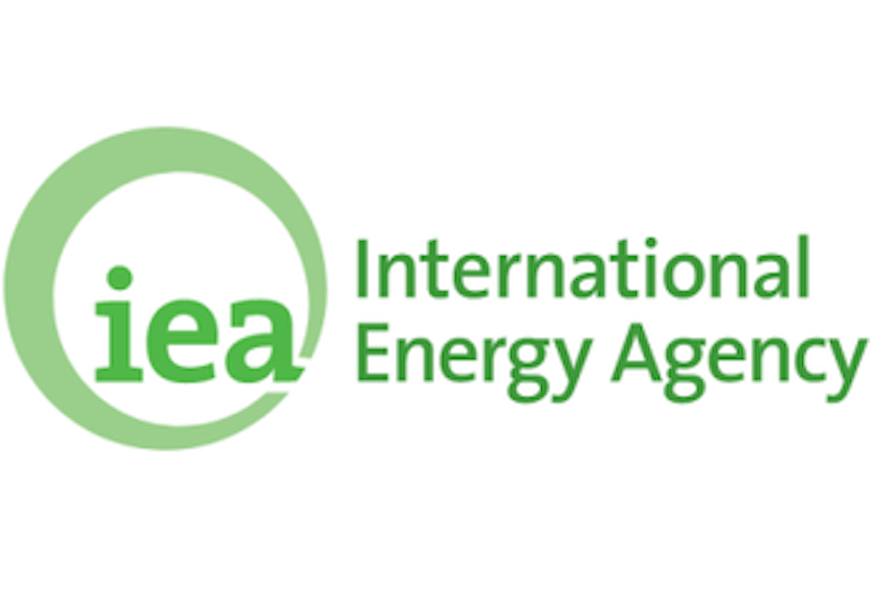…if it takes nearly a year-and-half between a central bank’s monetary policy decision and when the economy responds to this, then the best time for the CBN to have addressed our high inflation problem was just before the pandemic. The next best time, in the light of our rapidly changing external environment, is at its next policy committee meeting.
It is hard these days to comment seriously on the Nigerian economy. Largely, this is because the Buhari administration’s embrace of unorthodox economic policies have neutered what would have been the basis of traditional criticism of the government’s preferred policy suite. There is a part, too, played by a new tunnel-visioned partisanship. Data on the economy now have meaning within only specific, and increasingly, narrow contexts.
Still, silver linings there are to be found. The International Monetary Fund (IMF), for instance, recently raised its growth forecast for the domestic economy for both this year and next by 0.1 percentage points (from its July forecast). Buoyed by a strong global market for commodities, our economy is now forecast to grow by 2.6 per cent in 2021, and 2.7 per cent in 2022. Two months ago, headline inflation fell, again ― for the seventh month back-to-back ― from 17.01 per cent in August to 16.63 per cent in September.
Also Read: Nigeria’s inflation problem and the ‘Gbatueyos’ at the CBN
As usual, with economic data, the devil lurks in the detail. Oil prices have touched US$80 per barrel. There is even talk of US$100 per barrel oil by year end, especially if OPEC+ (the Saudi-led oil cartel and its clutch of new collaborators) resists the temptation to weigh in on the price-positive market situation by boosting supply. Yet, the boost to our gross external foreign reserves appear to have come from recent borrowing ― the soft SDR from the IMF, and the more onerous Eurobond offer.
…all of this is happening even as our operating environment shifts to our disadvantage. Higher global commodity prices may help commodity producing economies such as ours deliver better economic performance this year, but they have been implicated in the resumption of inflation across the world.
Reports from OPEC had suggested that we were producing below our cartel-agreed production quota. But few credible explanations are on the table for why the balance on the external reserves do not reflect the uptick in the global price for crude oil. And the soft balance on the reserves is hurting the naira’s exchange rate. In turn, the naira’s depreciating exchange rate has been implicated in rising domestic prices. For, while the headline inflation rate may be trending down ― the result of comparison on an annual basis with last year’s horrendous numbers ― month-on-month inflationary pressures remains very strong.
The central bank has tried to hold down the rate of the naira’s depreciation, especially through its heroic stare down of “abokifx”. Nonetheless, you just need to read the CBN’s supply of dollars to the economy against the value of our annual imports to understand the futility of any Nigerian government’s effort to establish the naira’s exchange rate by fiat, rather than through sound macroeconomic policies.
Yet, all of this is happening even as our operating environment shifts to our disadvantage. Higher global commodity prices may help commodity producing economies such as ours deliver better economic performance this year, but they have been implicated in the resumption of inflation across the world. One reason why the IMF pared its outlook forecast for advanced economies this year. Two months ago, headline inflation in the euro zone reached 3.4 per cent. In the U.S., it was 5 per cent. While the U.K. recorded a 3.1 per cent increase.
We may not be able to wish away the coming storm. For if an increase in the cost of money in the advanced economies will do nothing at all, it will simultaneously push up the cost of servicing our external debt and force the naira’s exchange rate further down. Inflation will, of course, trend up, again.
Unsurprisingly, policy makers abroad have struggled to respond to this. Take the Bank of England for example. The good money is on a first hike in its policy rate before the end of this year, with the rate expected to reach 1 per cent by August next year. Its deputy governor describes this as “the most challenging period for monetary policy of any” he has ever seen. The Nigerian central bank may not readily admit to this scenario, but its circumstances may be that much worse. Central bankers in advanced economies are in no doubt that the supply constraints that have pushed up prices and the build up in demand that has pulled them will soon be worked through. Yet, they understand that their mandate for price stability requires that they act to hold prices down if inflation expectations are to remain anchored. The big challenge then is to raise rates enough to take the wind out of the sails of prices, without blowing it against the sails of economic growth.
The Nigerian economy does not face the latter dilemma. Yet. But this is only because our new heterodoxy allows us to wish away the injuries that rising prices have wreaked on the economy. We may not be able to wish away the coming storm. For if an increase in the cost of money in the advanced economies will do nothing at all, it will simultaneously push up the cost of servicing our external debt and force the naira’s exchange rate further down. Inflation will, of course, trend up, again. And how can we forget that next year is an election year with all its slackness?
Accordingly, if it takes nearly a year-and-half between a central bank’s monetary policy decision and when the economy responds to this, then the best time for the CBN to have addressed our high inflation problem was just before the pandemic. The next best time, in the light of our rapidly changing external environment, is at its next policy committee meeting.
Uddin Ifeanyi, journalist manqué and retired civil servant, can be reached @IfeanyiUddin.





















